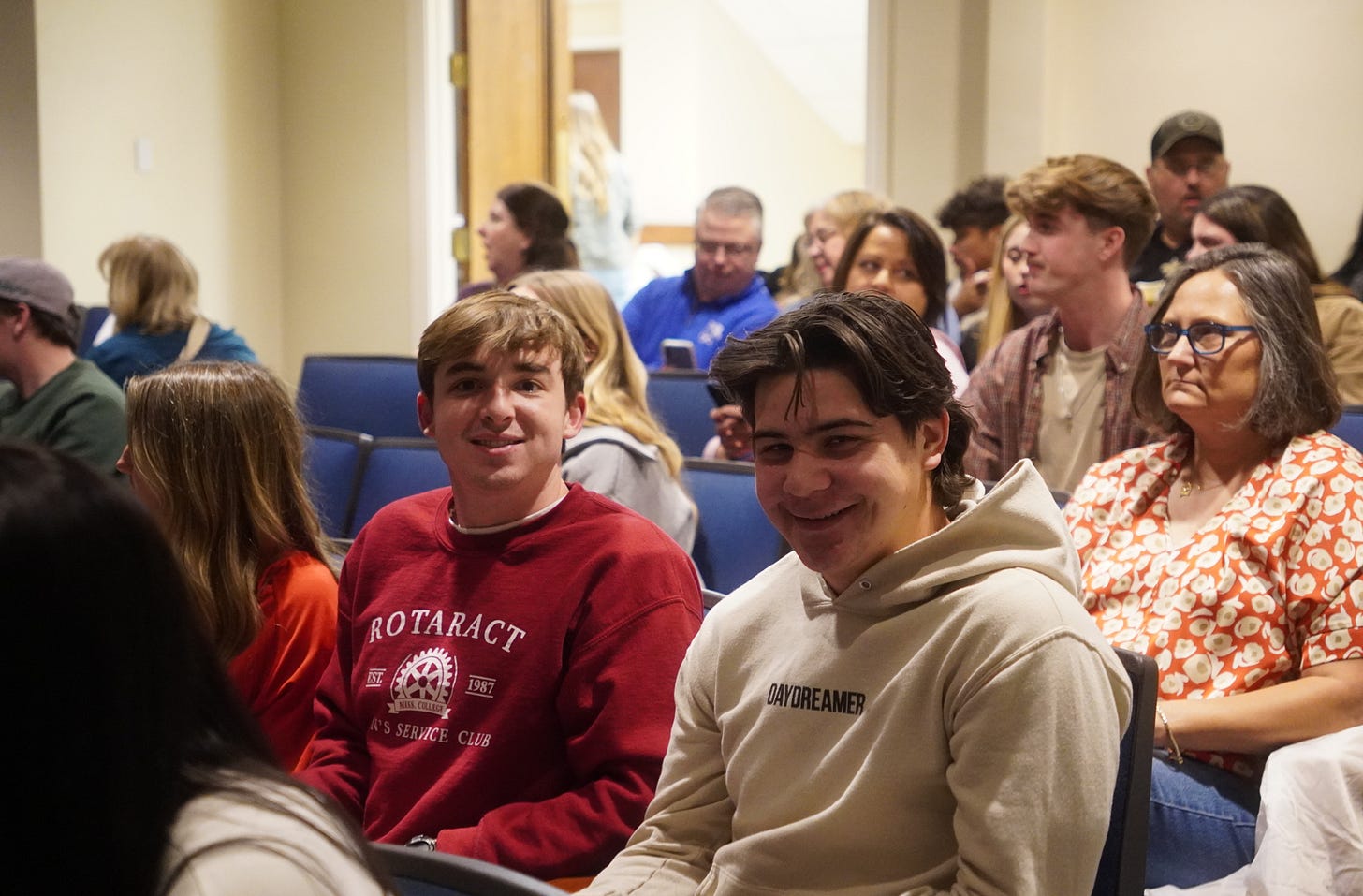An Independent Perspective on Swerve
Clubs and tribes dominate events like Swerve. Where does that leave independents?
To a majority of the MC student and faculty body, one of the most anticipated events of the year is Swerve. Swerve is a high-energy dance competition that brings students of every major and classification to showcase their talents and support charitable causes.
However, much of the program’s buzz is derived from the university’s clubs and tribes, which mainly dominate the competition. So, where does that leave “the independents” – students not involved in these organizations?
“Overall, I was impressed with all the performances,” Sonya Mayberry, an independent MC student, said. “Everyone did so well. As an independent, events like Swerve make me kind of sad that I didn't join a tribe because it looks like so much fun.”
THE OUTSIDE EXPERIENCE
For MC students unaffiliated with social clubs and tribes, Swerve can feel like a private event rather than a campus-wide occurrence. Most performances are choreographed and performed by club members, making it seem difficult for independents who want to participate directly, creating a sense of separation for non-club students.
Although Swerve may seem like an inaccessible event, many independents attend simply to enjoy the performances without the stress of competing. Some students may even find ways to be involved in the production of the competition, such as helping with event setup.
“After gathering more background on the event while working as a camera guy for Campus Media Production … I was blown away more by the audience than some of the performances and fed off their excitement and hype,” MC transfer student Andrew Rideau said. “The audience and supporters were the best part, with a few of the performances leaving lasting impressions.”
CLUB & TRIBE INCLUSIVITY
Although the MC Swerve production team has opened itself to some independent groups, like New Kids on the Block and Choctaw Swing Dancers, independent students expressed a desire for the inclusion of more open-entry teams. An increase of independent groups would mean a more inclusive representation of the student body population, and more independent students that have a talent or interest in singing, dancing, and performing would be able to share the stage.
“I wish there were more groups like New Kids and Swing Dancers for independents to be able to participate with,” Mayberry commented.
“As an older student, it makes me think of how this was something I missed out on,” Rideau said. “Swerve would have been a fun program to join in if I had the opportunity.”
“As an independent,” Mayberry said, “events like Swerve make me kind of sad that I didn't join a tribe, because it looks like so much fun.”
THE LAST NOTE
While Swerve may be a thrilling event, it largely caters to MC’s club and tribe culture. For independents, it may be an entertaining night out, but not necessarily a space to feel fully involved.
Mayberry offered one solution. “I think it could be structured similar to how the clubs and tribes do it,” Mayberry suggested. “I think there could be an independent who had the role of Swerve chair who coordinates it, and when it becomes time for auditions, MC could post on their story about the time and location,” Mayberry commented.
As Mayberry suggests, Swerve is fun, but with the right adjustments, it could evolve into a truly campus-wide event, ensuring to every student – club member or not – that they belong.




